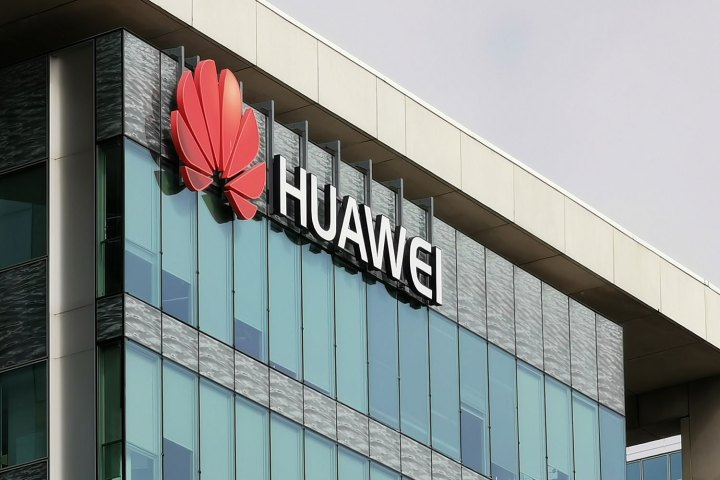
Huawei is developing its own mobile operating system to potentially replace Google’s Android on some of its devices. Rumors have spread for some time about the software project, which Huawei Business Group chairman Richard Yu called, “Plan B,” and talk of it has been going on since 2018.
What will the software be like, and how will it differ from Android? Here’s everything you need to know.
Trademarks
Huawei has apparently applied for trademarks on the name Hongmeng in a variety of countries, according to a U.N. report seen by Reuters. Countries on the list include Canada, South Korea, New Zealand, and Cambodia, plus five others. The trademark covers smartphones, as well as computers, televisions for automotive use, and even robots. A trademark for Hongmeng was filed in China this time last year.
What will it be called, and how will it work?
Huawei’s operating system is known by the internal code name “Hongmeng” and may be released as Ark OS, but these names are not confirmed by Huawei. Details on how it will work come from a Weibo post by Chinese magazine Caijing. It claimed Huawei’s OS would be capable of downloading and running Android apps natively from the Huawei AppGallery — the name of its own app store, which already comes pre-installed on Huawei and Honor phones.
This is good news. It means app developers wouldn’t have to to make significant changes to port their apps over to Huawei’s new operating system. However, the post by Caijing points out that recompiling an app for the new OS would require a performance boost of more than 60% — suggesting the performance of uncustomized Android apps would be less than you would expect on a comparable Android phone.
Launch dates
The continued tensions between Huawei and the U.S., and the trade war between the U.S. and China, mean Huawei may need to have its software ready in the near future. Richard Yu has said the software will be ready for China in late 2019, and internationally in 2020. Previous reports stating the software would be released in June 2019 were retracted after clarification from Huawei.
Why would Huawei make its own operating system?
There are a few reasons an Android alternative might be important for Huawei. For starters, accusations of espionage and involvement with the Chinese government have come to a head, and it’s culminated in the world’s second largest mobile manufacturer being placed on the United States Department of Commerce’s “Entity List,” meaning only U.S. government-approved suppliers are allowed to supply the Chinese company with parts.
As a result, Google cut its ties with Huawei, ending a long and fruitful relationship. Qualcomm and Intel soon followed suit, and although the U.S. government has relented slightly on the order — setting up a 90-day grace period — there are still rumors that more companies will be cutting ties.
Even without U.S.-China tensions, there are plenty of reasons Huawei might want to explore its own technology. For example, the company may be looking to reduce its dependence on other companies in general — as it has done in its mobile processor business. While it does still use third-party processors, many of its devices use chips built by the company itself.
Updated on June 13, 2019: Huawei has filed for trademarks on the Hongmeng name.


